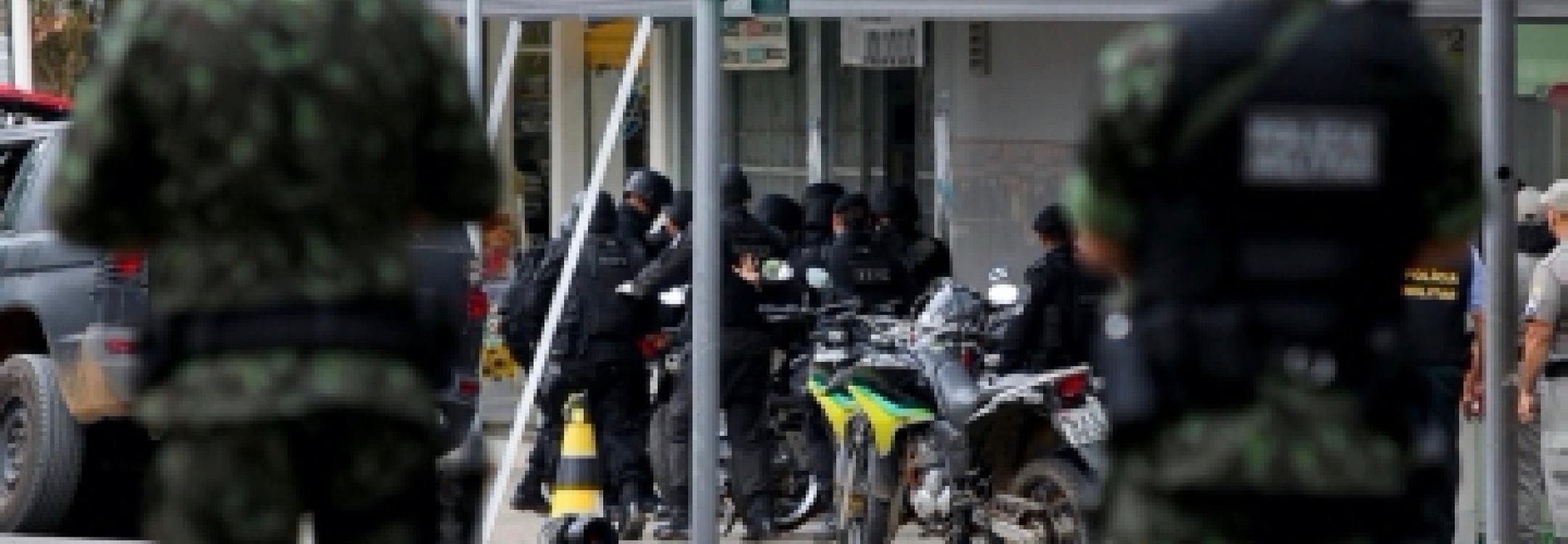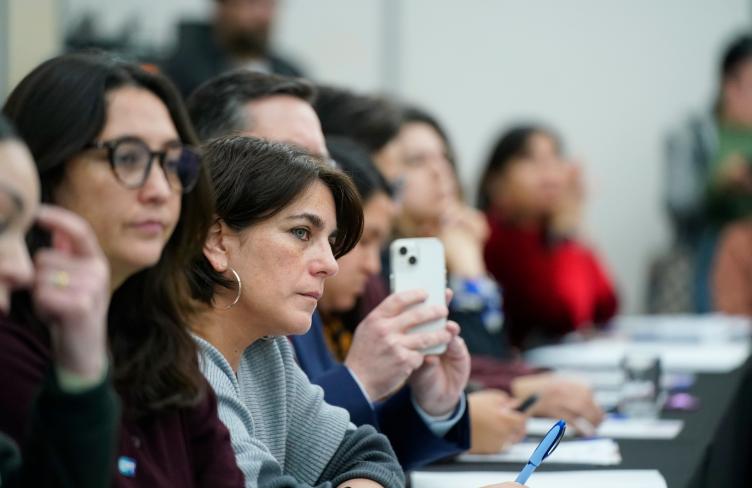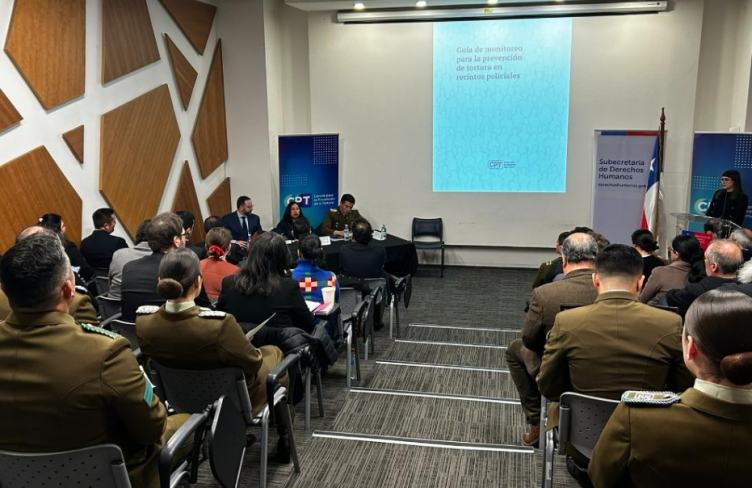
During the mass demonstrations that have occurred in major Brazilian cities since June 2013, the police response has been, as usual in this country, violent and repressive, resulting in many injuries and the arrest of hundreds of people.
Various human rights groups and lawyers are providing legal aid to the protesters. One thing that stands out is the work of the Mechanism to Combat and Prevent Torture in Rio de Janeiro, a body that implements the objectives set out in the Optional Protocol to the UN Convention against Torture. In view of the popular uprisings and street protests, the Mechanism concluded that the mass arrests and repression of the population should be closely monitored and called for rapid intervention in cases of arrested protesters.
Brazil is going through a period of unrest that is without precedent in its recent history, marked by huge popular demonstrations on the streets with demands for greater democratic participation and transparency in the public administration. However, dissatisfaction with everyday problems is nothing new in the context of Brazil. Decades ago, social movements were already concerned with the conditions of everyday life and the power relationships revealed by housing problems, gender inequality, ethnic and racial affirmative action policies, access to public services, recognition and inclusion criteria, etc.
The proof that the management of society and the priorities that shapes it remain controversial in Brazilian politics lies in the repressive responses by the authorities and the intensification of police activities, including the use of the Criminal Organisations Act (Law 12,850). This Act authorises measures typical of a police state and endows the police with a broad range of powers, including discretionary power in making arrests. As a result, abuses of authority and acts of violence have become common. The number of complaints has increased markedly and can be followed on social networks and alternative media.
Important actions by the local preventive mechanism
To prevent cases of abuse and torture, the Mechanism to Combat and Prevent Torture in Rio de Janeiro has monitored and attempted to intervene, within its powers, in cases where protesters have been arrested. Together with a group of lawyers from the Brazilian Bar Association and various human rights NGOs, the Rio Mechanism is monitoring the cases of arrested protesters and intervening to ensure that they do not receive inappropriate treatment. The protesters do not usually remain in custody for long. The members of the Mechanism reached an agreement with the State Department of Corrections of Rio de Janeiro to ensure that those arrested during the demonstrations were not placed in communal areas of prisons, but instead were kept in relative isolation from the general prison population.
This agreement has been in force since the start of the protests in mid-2013. The monitoring being conducted by the Rio de Janeiro Mechanism proves that involvement in civil society, and engagement in current causes and impending problems can be part of the scope of work of mechanisms to prevent torture.
New protests to be expected
In 2014, with the hosting of the World Cup, street protests are likely to intensify again in various Brazilian cities. The popular demonstrations are also focused on the huge sums spent on stadiums and other construction projects dedicated to sporting events. During the Confederations Cup this year, the waves of protests highlighted the dissatisfaction of many Brazilians with the authorities' budgetary decisions and the economic models influencing the decision to host the events. In this context, civil society and local mechanisms to prevent torture (which hopefully will have been set up by that time in other States of the Federation) will play important roles in the democratic exercise of social control over public authorities.
Luísa Luz de Souza is a Law graduate from the University of São Paulo. She works with human rights, focusing on the prison system and protection on persons deprived of their liberty, particularly concerning foreign women incarcerated in Brazil. Luísa has worked for the Brazilian NGO Instituto Terra, Trabalho e Cidadania. Between June and September 2013 she was a fellow with APT’s regional office for Latin America in Panama.
Read this text in Portuguese or Spanish


